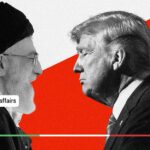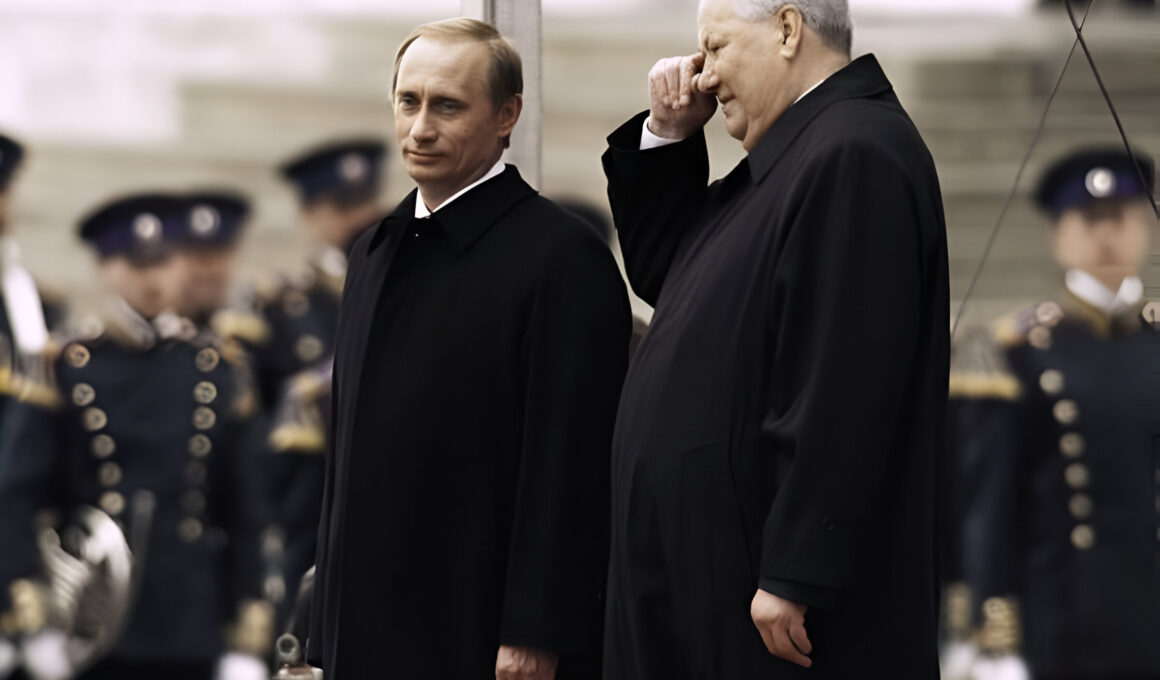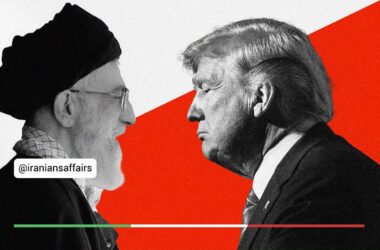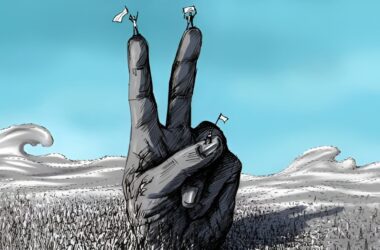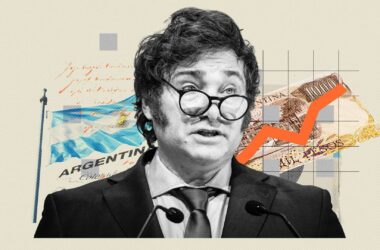John Adams, one of the founding fathers of the United States of America, wrote about the Boston Massacre of 1770, stating, “The foundation of American independence was laid on that day.” The massacre, followed by the dissemination of a misleading image, deepened the rift between American patriots and the British Empire. The image that was released did not align with the reality of the event. The glorified depiction of British Redcoats firing on blood-soaked people was the only narrative presented to the public, and from that day onwards, this portrayal of the ruthless massacre in Boston became a driving force for the revolution.
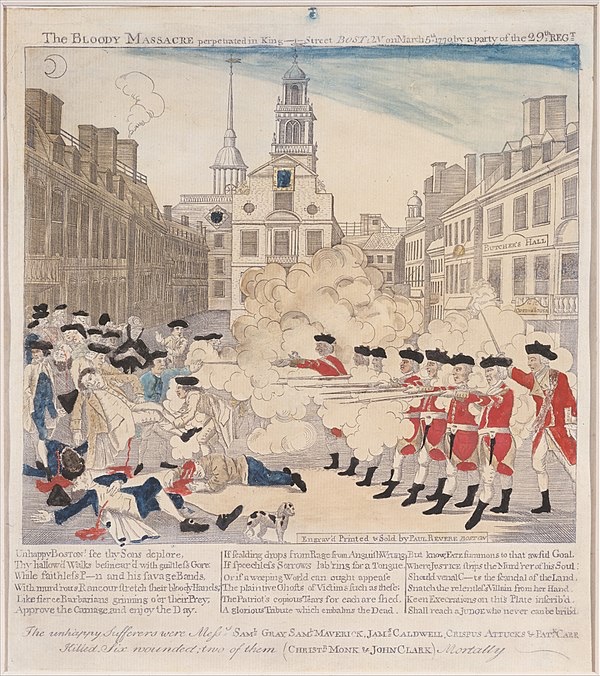
Machiavelli believed that public and private ethics should be understood as two different things in order to govern effectively. Engineering public opinion is not a new debate and has varied in form and meaning throughout historical periods. However, what happened in September 1999 in the Russian Federation was also indigestible for its time.
In the summer of 1999, Boris Yeltsin, the President of the Russian Federation, appointed the then-unknown Vladimir Vladimirovich Putin as Prime Minister. Putin was the fifth Prime Minister chosen by Yeltsin over 18 months. These were tumultuous months following the economic crisis in Asia, which began in 1997, leading to a fifty percent drop in oil prices due to reduced global demand. Over 60 percent of the Russian government’s per capita income came from the energy sector, and with the unexpected decline in foreign exchange revenues and inability to pay debts, the value of the Russian ruble against the US dollar fell by more than four hundred percent from the summer of 1998 until before Putin’s election in the summer of 1999.
Vladimir Vladimirovich Putin, just a year before, had been appointed as the head of the FSB (Federal Security Service, the successor to the KGB) and was not seen as a charismatic figure. In the only poll conducted before the serial residential bombings in Russia during his time as Prime Minister, he had less than 2% popularity, and no one considered him a contender against more well-known rivals in the 2000 presidential elections. His rivals included Boris Nemtsov, who later became a principal critic of Putin’s undemocratic policies and was assassinated near the Kremlin in 2015.
The aim of this article is to examine the developments that led to Putin’s victory in the first round of the Russian Federation’s 2000 presidential election with 53% of the votes. At a time when Yeltsin’s family was involved in economic corruption cases and Yeltsin’s popularity had fallen to nearly 5%, the young Putin stopped the judicial proceedings of the Yeltsin family’s corruption cases by broadcasting a sexual encounter of the prosecutor at the time with two women in a hotel on television, leading to the prosecutor’s resignation. Yeltsin’s senior advisors, like Valentin Yumashev and Roman Abramovich, considered Putin a trustworthy security force without ambition, aligning with what they called ‘the family’.
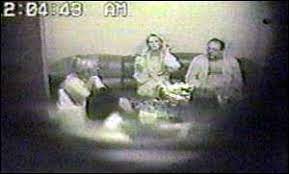
What ultimately intertwined Putin’s fate from an unknown candidate to the decisive victor of the 2000 presidential election was not the doors that Yeltsin had opened for him. Putin and former KGB forces needed a change in the political scene, and no narrative sold better than a hero ending the insecurities of the 90s like the Tsars.
The first war between Chechen separatists and the Russian government from 1994 to 1996 had ended without any significant results. Apart from the heavy costs of the war for the government, it somewhat wore down the Russian military forces. Especially since, in the vacuum of central power, insecurity and crime in Russian cities had dramatically increased, and the continuous economic crises and government corruption in privatizing sectors left no motivation among these forces. With this background, in the late 90s, former KGB generals, hoping to conquer political summits, were nurturing the idea of a second Chechen war with the strategy of a ‘short and victorious war’ as quoted from Tsar Nicholas II.
However, the story of the serial bombings in 1999 begins in early September of that year. Before the residential area explosions, a smaller bomb exploded in the shopping center at Manezhnaya Square. Although it caused no casualties, it seemed like a prelude to the series of explosions that followed. The first explosion was in a car in residential areas of the families of Russian military forces in the town of Buynaksk in the Dagestan region, which resulted in 66 deaths. On the same day, another vehicle carrying explosives in the parking lot of the Russian military hospital was identified by a citizen and subsequently neutralized.
Five days after the first explosion, a second explosion at 8 PM in southeast Moscow led to the complete collapse of a nine-story apartment building, leaving more than a hundred dead and two hundred and fifty injured. Four days later, on a day of national mourning for the victims of the previous explosion, a third massive explosion six kilometers from the site of the second explosion in south Moscow flattened an eight-story residential complex, killing 119 people.
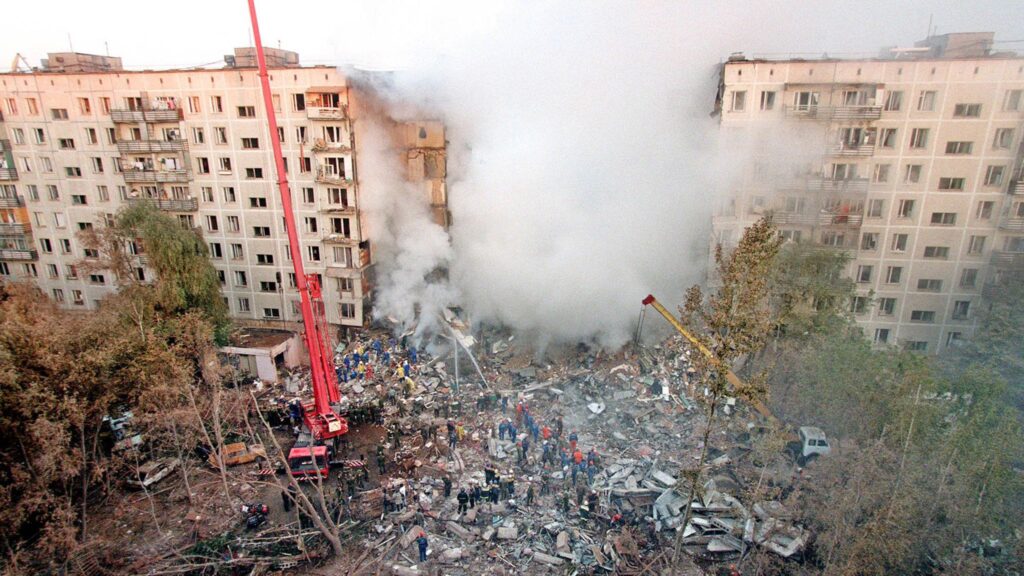
On the day of the third explosion, a Russian citizen named Achimez Gochiyayev called the police and gave the addresses of two other apartments in Moscow that he was concerned were also targeted for bombing. Gochiyayev knew well that the Moscow explosions had occurred in the same buildings that his FSB employee friend had asked him to rent basements for storage. Two more bombs were discovered and neutralized at those locations, and the police arrested Gochiyayev as the main suspect, but he later disappeared permanently after being accused without trial. The fourth explosion, just three days later, occurred in a car outside a residential complex in the city of Volgodonsk, killing seventeen people. The Volgodonsk explosion was only fourteen kilometers from a nuclear power plant, raising greater national security concerns.
However, it was the fifth bomb that questioned the Kremlin’s media narrative of the explosions and shifted the finger of blame from Chechen separatists to internal forces. American journalist David Satter, who was expelled from Russia following his investigations into the serial explosions in residential areas on the eve of the 2000 presidential elections, reports in various sections of his book “The Less You Know, The Better You Sleep” as follows:
The fifth bomb, placed in the basement of a residential building in the Ryazan residential area near Moscow, was identified and neutralized by a special unit after a citizen, who noticed two people behaving suspiciously with bags, reported it to the local police. The telephone operator, overhearing a suspicious conversation instructing people to leave the area separately, informed the police of the call’s location. Upon arrival, the police encountered the FSB (former KGB) office, and the arrested individuals presented FSB identification. The FSB claimed the incident was a training exercise to prepare the local populace. However, the supposed training bomb had a military detonator and was fully ready to explode, using the same military detonator as in previous bombings. Moreover, the discovered explosive materials were similar to the four previous explosions, containing hexogen.
Alexander Litvinenko, a former KGB intelligence officer who later exposed the role of security institutions in the serial bombings of 1999 in his book, was murdered in London in 2006 with a plutonium element. In his investigations, he referred to the exclusive access of Russian military and security forces to hexogen, which was produced and stored under strict security measures. Although the head of the FSB congratulated the vigilant people of Ryazan for emerging unscathed from a training operation and claimed that the white substance in the bomb was sugar, tests conducted by the bomb disposal unit confirmed the presence of hexogen. The officer responsible for the case was transferred to another unit after an interview with the newspaper Novaya Gazeta on this matter.
Less than two weeks after the last residential explosion in Moscow, Russian ground forces launched a widespread assault and advance in Chechnya. The serial explosions in Moscow and other cities not only increased the legitimacy and aggressive spirit of the Russian forces but also overnight popularity to the young and inexperienced Prime Minister, who was keen to be seen in military attire. Putin, who had asked President Yeltsin to entrust him with the war, convinced Yeltsin to advance ground forces to create a defensive shield against Chechen terrorists up to the Terek River in northern Chechnya. However, within less than two weeks, Russian forces crossed the river, and Yeltsin found himself embroiled in a full-scale war, the sole winner of which was the war commander, Vladimir Vladimirovich Putin.
At a time when Putin needed Yeltsin’s political support for his candidacy in the 2000 Russian presidential election, he told Yeltsin, “You don’t have a brother, nor do I. Accept me as your younger brother; this isn’t just talk.” However, on the day of his presidential election victory, Putin didn’t answer Yeltsin’s phone call, signaling to what was referred to as “the family” that the rules of the game had completely changed. Yeltsin wrote in his memoirs, “People believed that he would protect them single-handedly.”
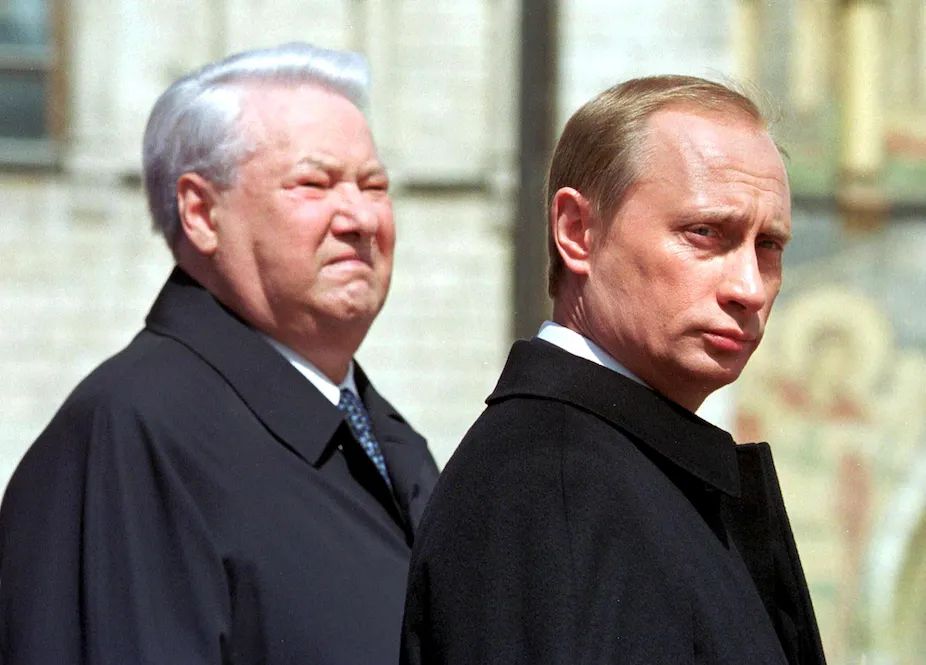
In the internet era, cyber advertising campaigns are considered a simpler way for public opinion diversion and psychological manipulation. Iran is one of the 26 dictatorships with one of the highest rates of what is called “calculated propaganda.” Like many security manipulation projects worldwide that have been revealed over time, the truth behind bombings supported by the government, shootings in religious places, and chemical contamination in schools will eventually come to light. However, sometimes the strategic error of security apparatuses becomes apparent when they, proud of their manipulation and diversion of public opinion, realize that it is the people who have played them.
